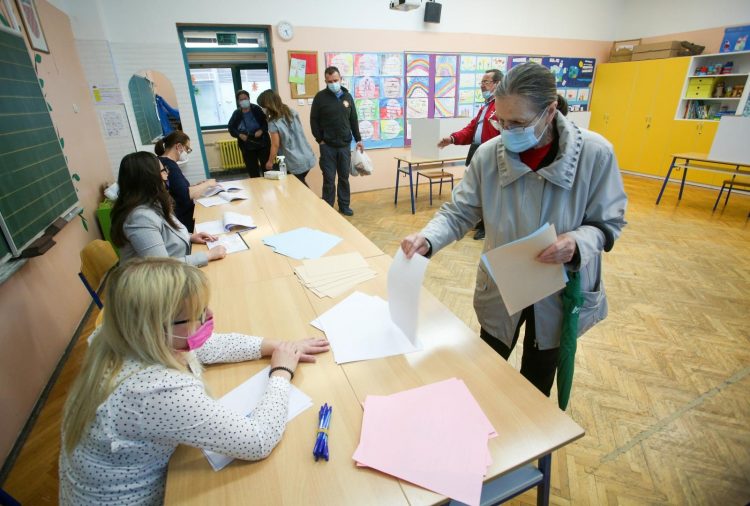
Polling stations were opened in Croatia on Sunday morning for local elections at which 3.660 million eligible voters will be able to cast their ballots for local government bodies, mayors, and county heads.
A total of 6,572 polling stations will be open from 7 am to 7 pm, and their closing will mark the end of two-day election silence.
Nearly 39,000 candidates are running in the elections and their average age is 45, according to statistics released by the State Election Commission (DIP).
All Croatian citizens over the age of 18, including EU citizens, who have residency in local and regional government units where the elections are taking place, have the right to vote.
Voters will be able to vote only in their place of residence, and not elsewhere in Croatia or abroad.
Voters will decide about the make-up of 425 municipal and 127 city councils, 20 county assemblies and the Zagreb City Assembly. They will also elect mayors and county heads, some 70 deputy mayors and county heads from the ranks of ethnic minorities and about a dozen deputy officials from the ranks of the Croat people in the municipalities where Croats are in the minority.
In Sunday's elections, fewer deputy mayors and members of representative bodies will be elected than in 2017. The new Zagreb City Assembly will thus have 47 instead of 51 members.
The voting process has been organised in line with anti-epidemic measures.
The State Election Commission will publish information on the turnout twice, at noon and at 5 pm, and as of 9 pm it will be publishing preliminary election results.
The elections will be overseen by more than 10,500 monitors.





Kakvo je tvoje mišljenje o ovome?
Budi prvi koji će ostaviti komentar!